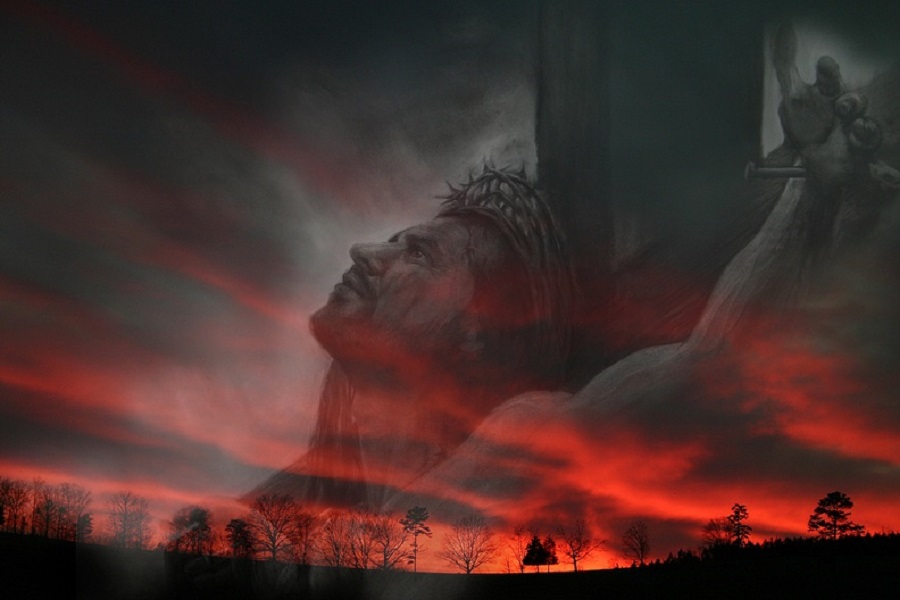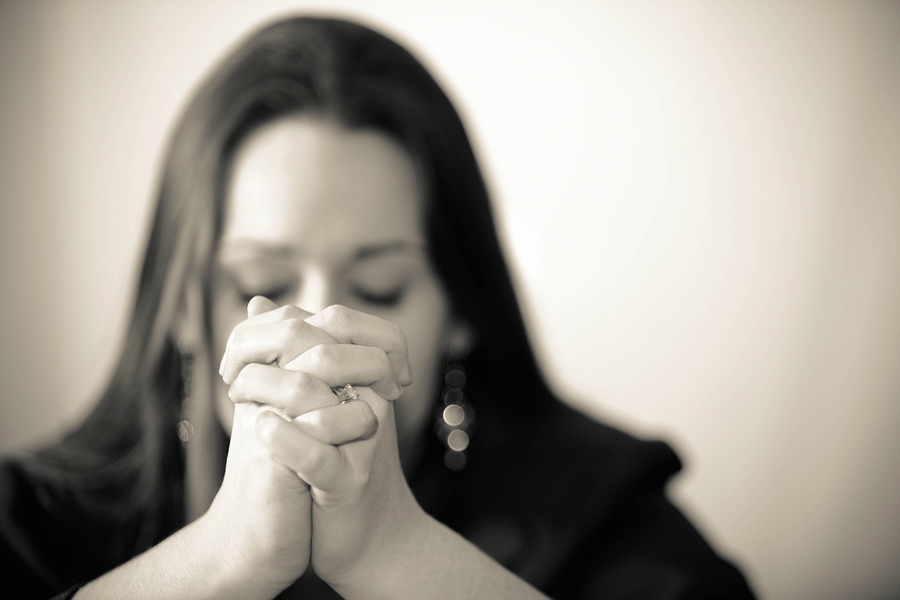
The Cross of Jesus
08-30-2020Weekly ReflectionThe perception of a cross changed dramatically after Jesus’ crucifixion. Before that event, death on a cross was not only horrible, it was degrading. It was a penalty reserved only for the most wretched of criminals. The word “glory” would not have found its way into the same sentence containing the word “cross.” But all that changed with Jesus. Over time, believers began to venerate and honor the cross. They painted, sculpted, and carved images of it. Many lost their own lives for their association with it. Today our reverence for and relationship with the cross recalls little of the contempt originally associated with it. As it has been through the ages, it is our perception of the cross that determines how we follow Jesus.

Trust
08-23-2020Weekly ReflectionKeys hold great significance for those who carry them. They represent the trust and authority of the owner when given to another person. We may give our house key to a trusted friend to take care of our matters while we are away. We may give keys to someone responsible for maintaining or working in a particular building. Keys to vehicles are given to people who have proven themselves responsible drivers. The readings today focus on this kind of trust—the trust that conveys authority and responsibility. In the first reading, the symbol is specifically that of a key; but the second reading and the Gospel also speak of trust and leadership as they refer to the earthly church that Jesus established.

Why Pray?
08-16-2020Weekly ReflectionThe “foreigners” as Isaiah calls them, the “Gentiles” as Paul calls them, or the “Canaanites” as Matthew calls them are called to worship the one true God in prayer. As we listen to today’s readings, perhaps we are tempted to ask: Why pray? The question is rhetorical; it is tantamount to asking why should friends talk to one another or people in love kiss one another. Prayer is a way of relating to God, a way of talking to God. The apostles had the opportunity to talk to Jesus in the flesh. We have the opportunity to talk to Jesus Christ in prayer. Our relationship with him must be enthusiastic; it cannot be faint-hearted. John Donne, a fifteenth-century poet, knew what the qualities of good prayer were. Donne asks God to treat him differently from most Christians. The poet does not want God to merely “knock, breathe, shine, and seek to mend,” but also to “break, blow, burn, and make me new” (Holy Sonnets, XIV).
READ MORE
Welcome Back!
08-09-2020Weekly ReflectionReverend Monsignor Domenico C. PintiWe welcome our parishioners back. It is a gift to receive the sacraments. Through the Diocesan Guidelines, the Center for Disease Control, for public safety, the common good and with a delicate balance, St. George will be observing the following guidelines. Please note that guidelines can be changed at any time to ensure reasonable safety of our parishioners, ministers and priests.
- Sunday Mass obligation is suspended indefinitely for all persons living in or visiting in the Tucson Diocese.
- Vulnerable parishioners (age 65+ or with a chronic health condition) are strongly urged to remain at home. Likewise those feeling ill in any way are advised in the strongest sense to remain home and view the Mass online and receive Spiritual Communion. READ MORE

Our Deepest Needs
08-02-2020Weekly ReflectionThe word of God serves up a tremendous feast for us today. Isaiah beckons all who hunger and thirst to come to the Lord for satisfaction. The psalmist cries out, “The hand of the Lord feeds us; he answers all our needs” (Psalm 145:16). Saint Paul tells us that nothing can separate us from the love of God. Finally, in the Gospel, we hear the story of the miraculous feeding of over five thousand people from a mere five loaves and two fish. Most of us have our material needs met on a dayto-day basis. These scriptures, nevertheless, have much to say to the contemporary believer. We must ask ourselves, “Where are my deepest hungers? Where are my thirsts?” After material needs are satisfied and, in some cases, over-satisfied, many people still experience a deep longing for spiritual balance and well-being. As the loaves and fish are multiplied in today’s Gospel, perhaps our prayer can be a longing for the satisfaction of the deepest needs that only God can fill.